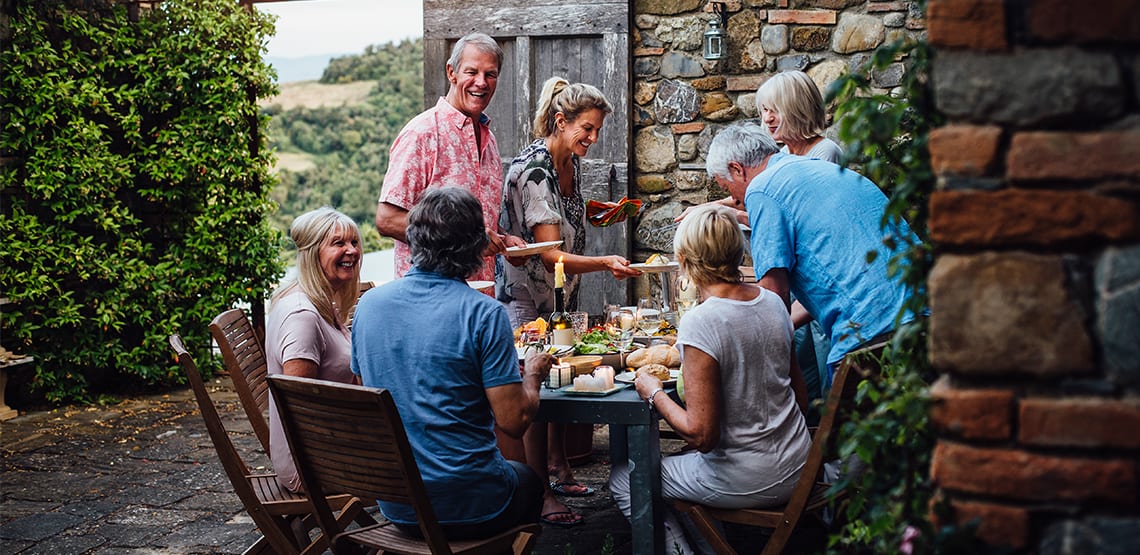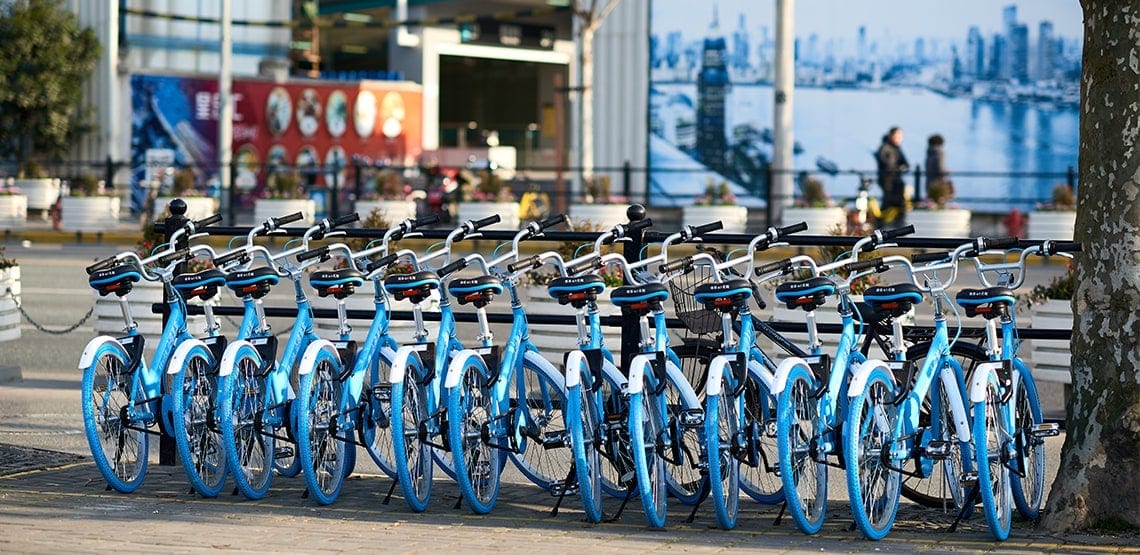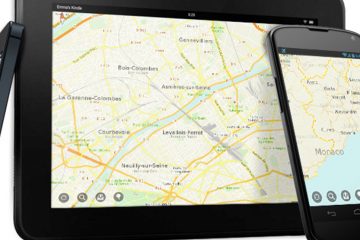How Sharing Economies Are Changing Travel
A Revolution in Travel
The sharing economy has had a huge impact on the world of travel, changing the way we explore this big and beautiful world.
Let’s take a look at how the sharing economy phenomenon has been transforming the way that travelers make their way around and find accommodation, transport and more.
First of All, What Does “Sharing Economy” Mean?
The term “sharing economy” refers to a system where services or assets are shared between private individuals for a fee, usually via the internet. This allows the average person to easily rent out their apartment, car or even their WiFi network when they are not using it.
There are many different versions of this, including Uber (a taxi alternative), JustPark (allows you to rent parking spaces from locals when they aren’t using them) and DogVacay (connects pet-owners with pet sitters). We are being driven around in local’s cars, staying in local’s homes and meeting up with local people for dining and travel experiences and these apps are making it easier than ever to do so.
Unique and Unforgettable Experiences
One of the main desires driving the sharing economy when it comes to travel is the drive for unique experiences that cannot be offered by larger companies.
For example, when my boyfriend Lee and I were in Townsville on our trip down the East Coast of Australia last year, we used Airbnb to stay with Jai. She was a lovely Irish girl who had moved to Australia to be a yoga teacher and who lived by the beach with her friendly dog Betty.
Staying with Jai made our visit to Townsville a delight. She took us for walks on the beach, I joined in with her 5 a.m. yoga classes and we shared stories and food together in the evenings. Although we were paying to stay in her spare room, it felt more like visiting a friend. There’s nothing quite like the experience of having a local show you around.
Our experience was something unique that we would never have had if we had stayed in a hotel.
The best of Airbnb can give you the opportunity to stay in some truly awe-inspiring places such as castles or yachts. But even a simple apartment is a nice alternative to a hotel room.
There are many ways that sharing economy apps can connect you with a more meaningful and special travel experience. For example, check out VizEat. Instead of eating at a restaurant while traveling, you can find locals who will invite you for a home-cooked meal at their home either for free or for a small fee. How cool is that?
Washington, D.C. is a beautiful place to visit as it has lots of character to offer from its museums to parks. Here is what to see in Washington, D.C.
Traveling for Free
Another amazing aspect of the sharing economy is how it can allow you to travel for free.
Lee and I spent 10 days in Sydney, Australia over Christmas and New Year’s. We stayed in an enormous mansion with several bedrooms and a swimming pool — for free. All we had to do in exchange was take care of the homeowner’s two dogs during our time there — a task we didn’t even see as work because we love dogs so much.
This awesome opportunity was brought to us by the sharing economy platform Trusted Housesitters. It matches up travelers with homeowners all over the world who are going away on vacation and need someone to watch their house or take care of their pets. It’s a win-win situation and a great way to travel and stay for free.
Other free travel accommodation apps include Couchsurfing, Home Exchange and Hospitality Club.
Sharing Apps Make It Easy
To illustrate how much easier it can be using one of these sharing economy systems, let me tell you about taxis in Tbilisi, Georgia.
When Lee and I first arrived here a few days ago, we got off our flight and shuffled into a long line of tired and jet-lagged travelers standing on the sidewalk outside of Arrivals waiting for taxis. It seemed like for every legitimate taxi, there were 10 dodgy fake taxis with “Taxi” scrawled on the side.
Even though we eventually got into a “real” taxi that a police officer directed toward us, he still charged us twice what the rate should have been. Haggling with scammy taxi drivers really sucks — no matter what country you are in.
A couple of days later, Lee discovered the app Taxify. It’s essentially the local version of Uber in Eastern Europe. The next time we needed to order a taxi, it was done within seconds and the rate was set at a fair price on the app — a fraction of the cost of our first taxi. It’s made getting around the city so much easier and it has saved us the stress of haggling with taxi drivers.
The sharing economy means we are adventuring in ways that were almost unheard of a few years ago. It’s created a lot of great travel opportunities and I am excited to see what the future brings.









